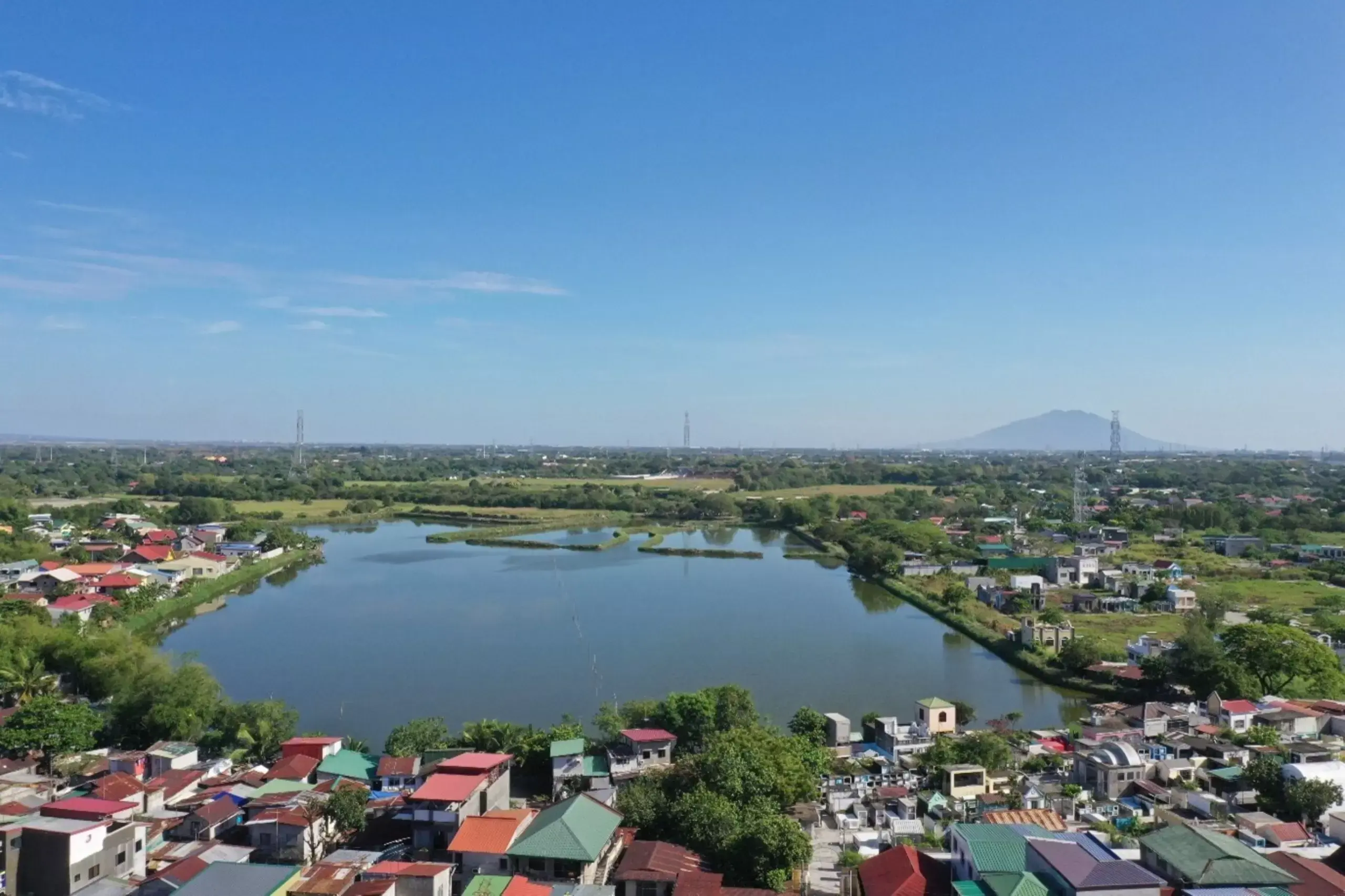- CountryPhilippines
- Start2025
Pondera and Rebel Group conducted a feasibility study for a Solar PV system on an operational fishpond in Guagua, Philippines, using an elevated structure to enable combined aquaculture and solar energy generation.

Pondera, in collaboration with Rebel Group, has conducted a feasibility study to evaluate the potential for a Solar PV installation in a unique setting, an operational fishpond on Duck Island, Guagua, The Philippines. The concept involves an elevated, fixed structure designed to coexist with brackish water aquaculture, enabling dual use of the site for both fish farming and renewable energy generation.
This approach not only maximizes land efficiency but also supports sustainable development in coastal and aquaculture-rich regions. The site shows promising characteristics for solar development, including flat delta terrain, minimal shading, strong solar irradiation, and proximity to local demand centers. These characteristics can support the installation of a 10 MW solar farm. If the project moves forward, it will connect to the local distribution network, contributing to the region’s clean energy supply and enhancing local energy resilience.
Listening to the community
As part of the feasibility study, Pondera and Rebel team visited the envisioned site to meet with local fishpond operators, community leaders, and residents. These conversations gave a much deeper understanding of the local context far beyond what could be gathered through desk research alone. It was a strong reminder of the importance of engaging stakeholders early in the development process, especially when working in shared-use and environmentally sensitive areas.
Understanding the social and environmental dynamics is a key part of our feasibility studies. These early interactions help shape projects that are not only technically sound but also aligned with community needs and expectations.

Looking ahead
We are excited about the potential that this project holds, not just in terms of clean energy generation, but also in demonstrating how thoughtful design can support sustainable land use. The insights from our site visit have provided a solid starting point for future exploration. We look forward to continuing the conversation with the client and supporting the concept’s development as it takes shape.

